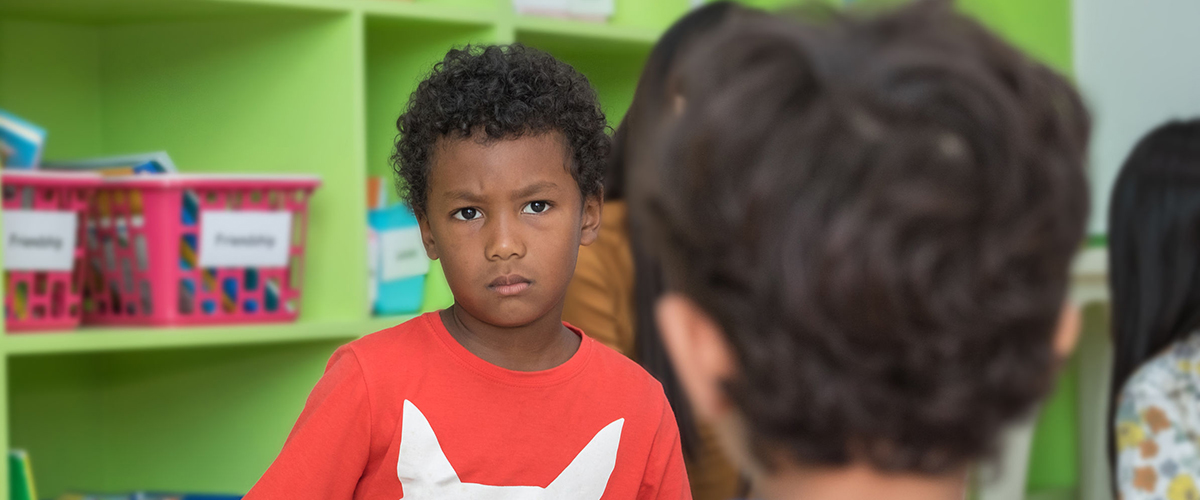
When Your Child With Autism Has Trouble Making Friends
Four-year-old Timmy was a typical, loving child — until his behavior changed.
His mom Jenna hoped this was just a phase. She began to notice, however, that other children avoided playing with Timmy. When he came home from preschool one day complaining that no one liked him, she knew she had to do something.
Jenna was worried that Timmy’s ability to get along with other children could affect his self-esteem and child development experts would concur. Children develop an understanding of the world around them at a very young age, and positive and negative experiences and interactions with others can affect their development and their self-concept.
Jenna made an appointment with Timmy’s pediatrician to discuss her concerns. The doctor did a developmental screening that noted the need for more testing. The testing confirmed a diagnosis of Autism. Now that Jenna knew the name of Timmy’s condition, she and the doctor were able to discuss what to do next.
Jenna wanted to focus on Timmy’s strengths, and to stay positive. After speaking with her son’s pediatrician about how to obtain support, Jenna connected with Timmy’s school district for an evaluation for special education services. She also met with a pediatric play therapist to set up a plan that would help Timmy learn positive ways to interact with others.
Using these tips, you can help your child, with or without a disability, develop healthy social and emotional skills:
1. Help Your Child Develop Positive Relationships
Find time each day to just be with your child. This sends a clear signal to your child that she is important. Talk about what makes a good friend, and demonstrate it in your own life. Point out examples of people caring for each other.
2. Help Your Child Learn To Interact With Other Children
Learning how to share with others, stand in line, and wait for his or her turn will make it easier for your child to interact with other children and make friends. Let your child practice his or her new skills in places where there are other children, such as a playground.
3. Help Your Child Handle His or Her Feelings Appropriately
Teach your child that it’s okay to have feelings, but not all actions are okay. For example, it’s okay to feel angry, but it’s not okay to hit someone in anger. Talk through situations where your child might feel angry, and role play the situation and responses.
4. Practice, Practice, Practice
Recognize that it will take time, practice, and repetition for your child to become fluent in social and emotional skills if they don’t come easily to her. It is important not only for your child to understand the new skill (waiting her turn, not hitting when angry) but to have the opportunity to practice it regularly to learn how to apply the new behavior.
If, like Jenna, you sense that there is something more serious to be concerned about, consult with your child’s doctor, your local school district, or the agency in your state that serves young children with disabilities.
